-
How Much Is Too Much? Technology, Screen Time, And Your Mental Health
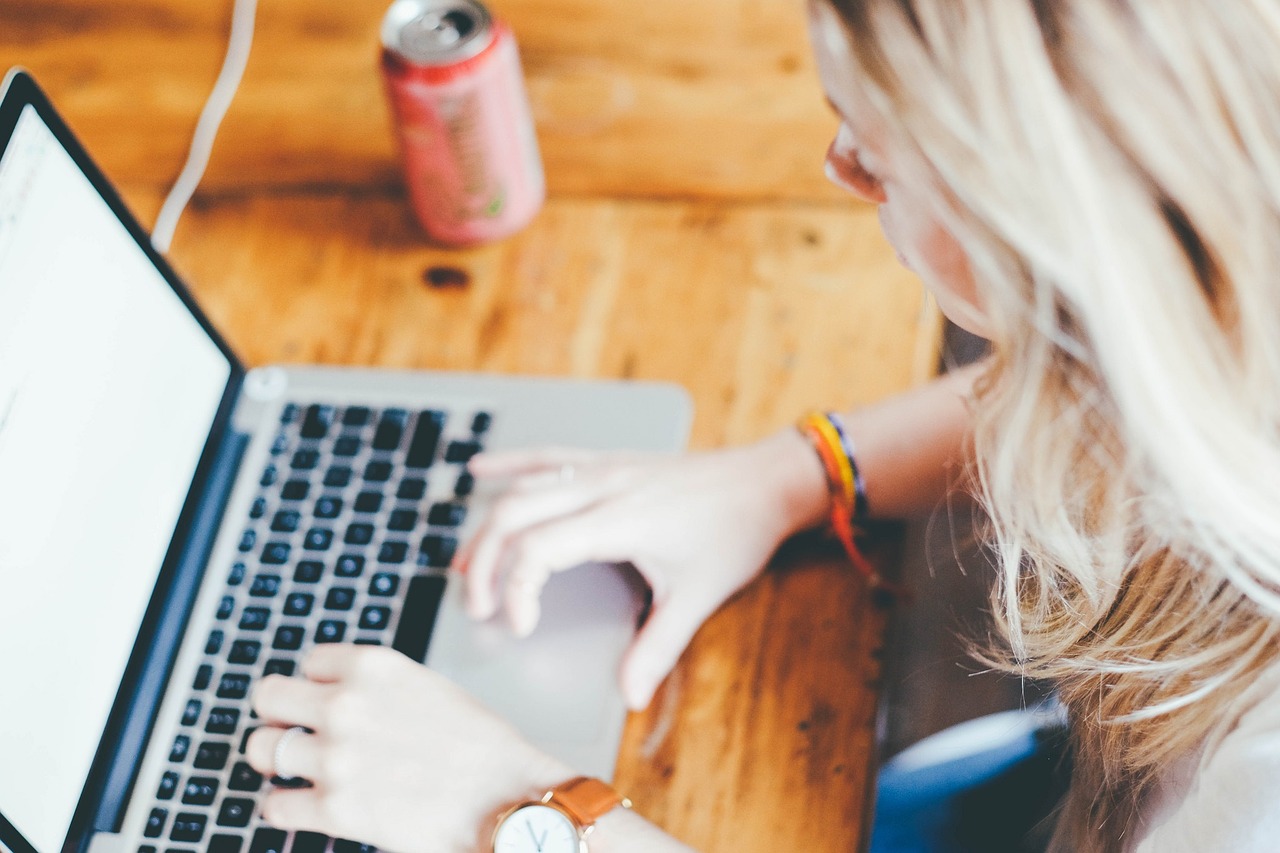
It’s no secret that people are somewhat “addicted” to their screen time. Just look around you at any restaurant and you’ll see families and friends interacting more with their phones than with each other. The same hold true for almost anywhere you go: some people can’t even take their eyes off their screens when driving or walking, which has resulted in numerous accidents and deaths.
-
How Meditation Benefits Mental Health
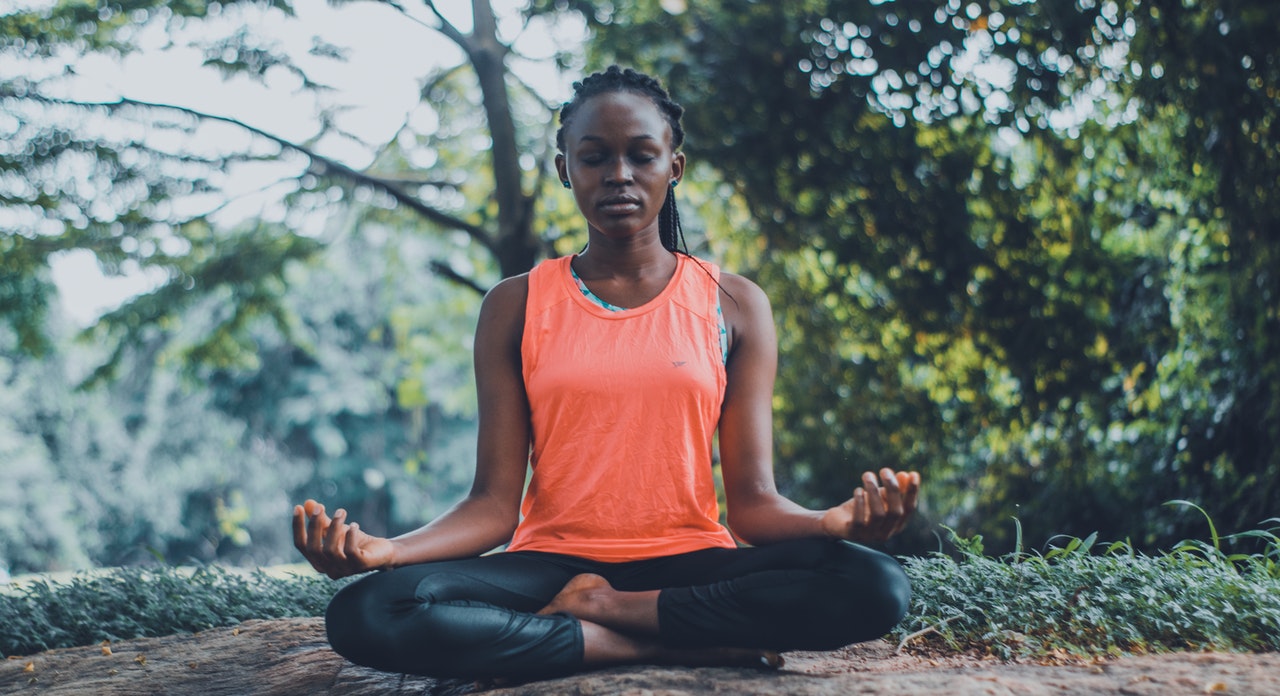
Meditation has been practiced for thousands of years by cultures across the globe. It is only recently that Western medicine has discovered that the practice actually has physical and mental benefits, aside from just making you feel less stressed.
-
Mindfulness – The Secret To Being Happier Throughout Your Day
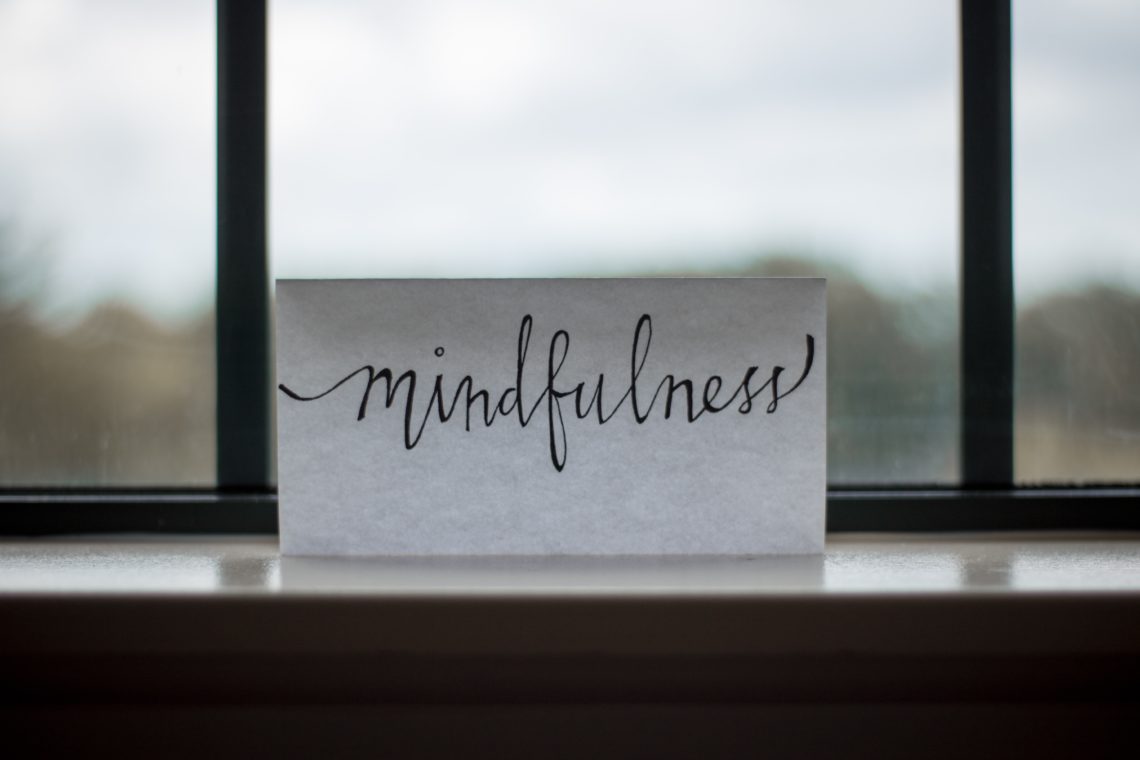
Most people go through their lives in reaction-mode. They respond to something that happens in their environment – a conversation, a changing traffic light, the boss calling a meeting – but they often aren’t truly aware of the world around them. They can be so focused on the distractions of life that they aren’t actually experiencing life.
-
Travel and Anxiety: Overcoming Nervousness On the Road

The battle between wanderlust and fear affects tens of millions of people every year.
-
How COVID-19 Fears Can Fuel General Anxiety Disorders

COVID-19 (coronavirus) has officially been declared a pandemic. Across the globe, people are being quarantined, cruise ships are being denied entrance to ports, and social gatherings have been curtailed. This has resulted in a stock market free fall and panic buying as people hoard food and products in case of their own quarantining.
-
A Message About Telehealth Amidst COVID-19
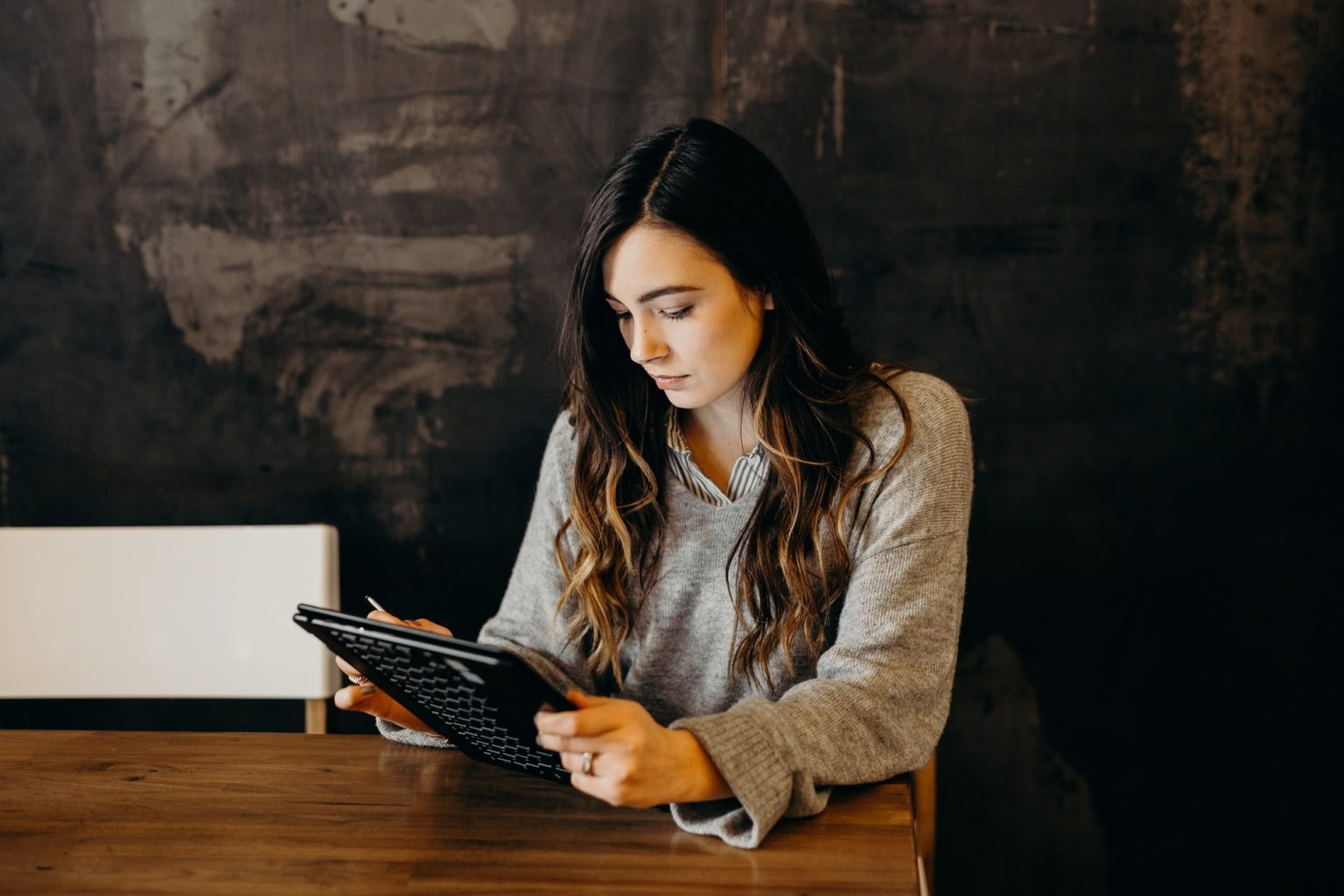
We hope that you, your children and families are doing well in the midst of this unprecedented time. After carefully considering the CDC guidelines, we at The Center for Treatment of Anxiety & Mood Disorders have decided that we will no longer be conducting therapy in our office at this time.
-
Stress Relief For Dealing With COVID 19 Anxiety
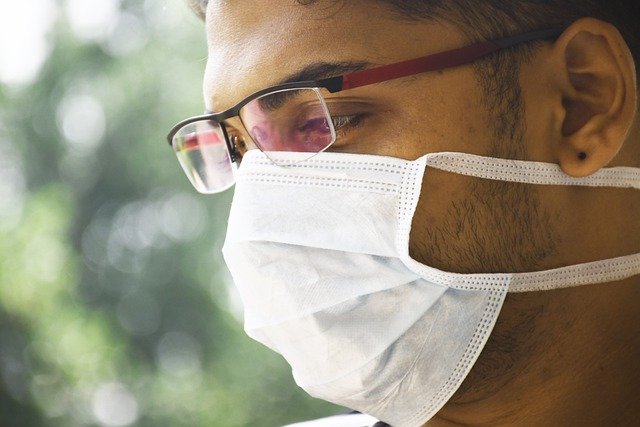
The worldwide outbreak of COVID 19 has thrown everyone into chaos. For starters, we’re all worried about catching the virus. Some of us are dealing with financial stressors due to layoffs. Then there is the strain of having kids and spouses at home 24/7. In addition, medical workers are caring for numerous sick and dying patients, as well as the fear of bringing the virus home to their families. For many of us, this sudden upending of the world we knew has led to unprecedented anxiety levels and an inability to cope with it all.
-
How Coronavirus News Coverage Can Activate PTSD
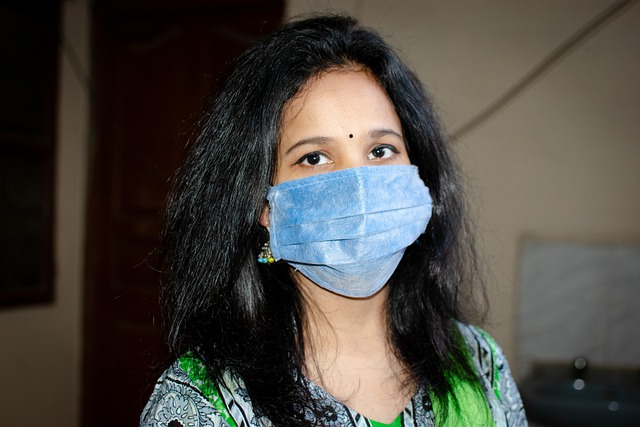
As the world struggles with the global coronavirus pandemic, we are learning how to deal with the “new normal.” Health care workers are going without breaks or days off. Families are coping with layoffs and have been thrown into homeschooling their children. The majority of us are under stay-at-home orders. The outcome of such undue psychological stress creates anxiety and can trigger symptoms of post traumatic stress disorder (PTSD). Watching the constant news coverage of the outbreak doesn’t help.
-
America’s germaphobes were ready for this — and have been for too long
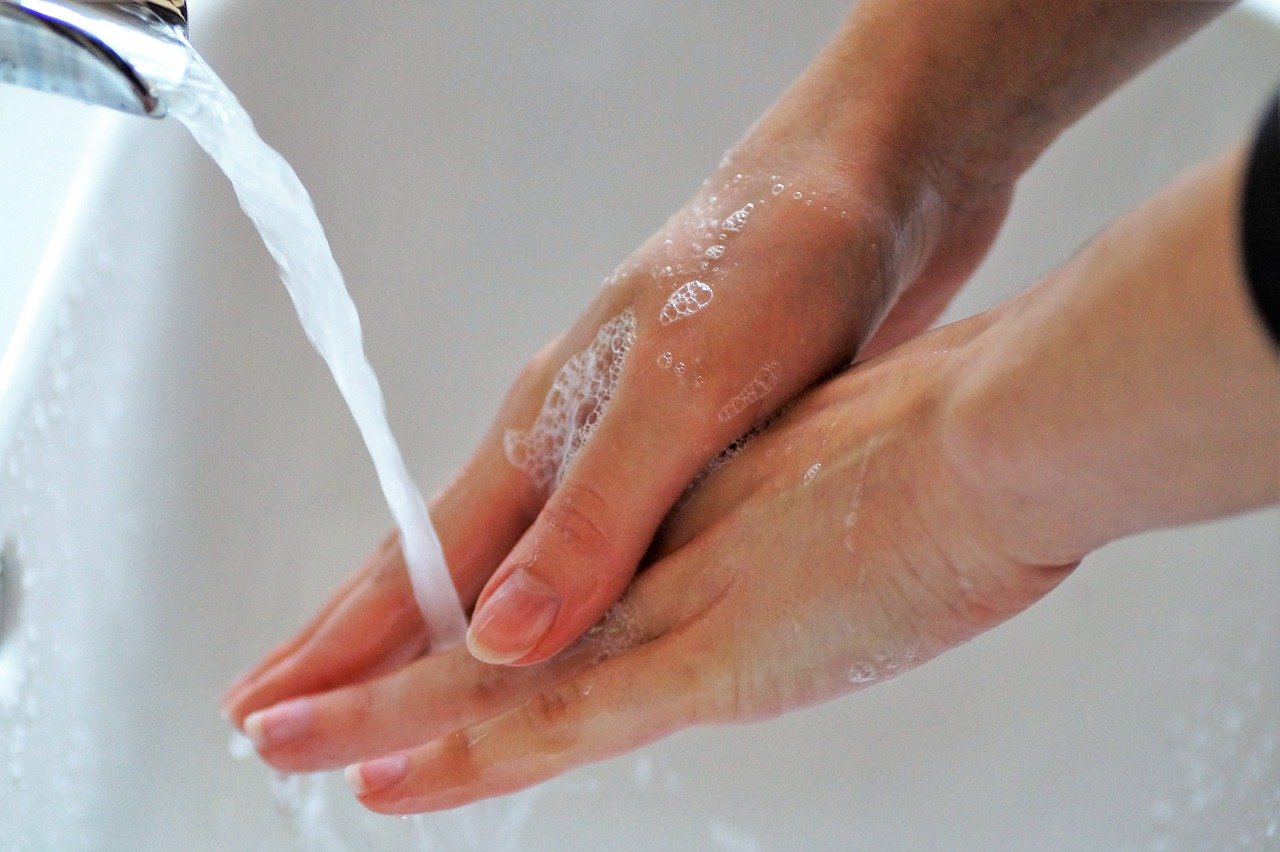
Health anxiety disorder is underreported, according to the Anxiety and Depression Association of America, and possibly affects 12 percent of the nation’s population. (The group’s annual conference this week was nixed due to the coronavirus.) Those who suffer from the disorder are usually thought of as hypochondriacs or germaphobes.
-
The COVID Paradox
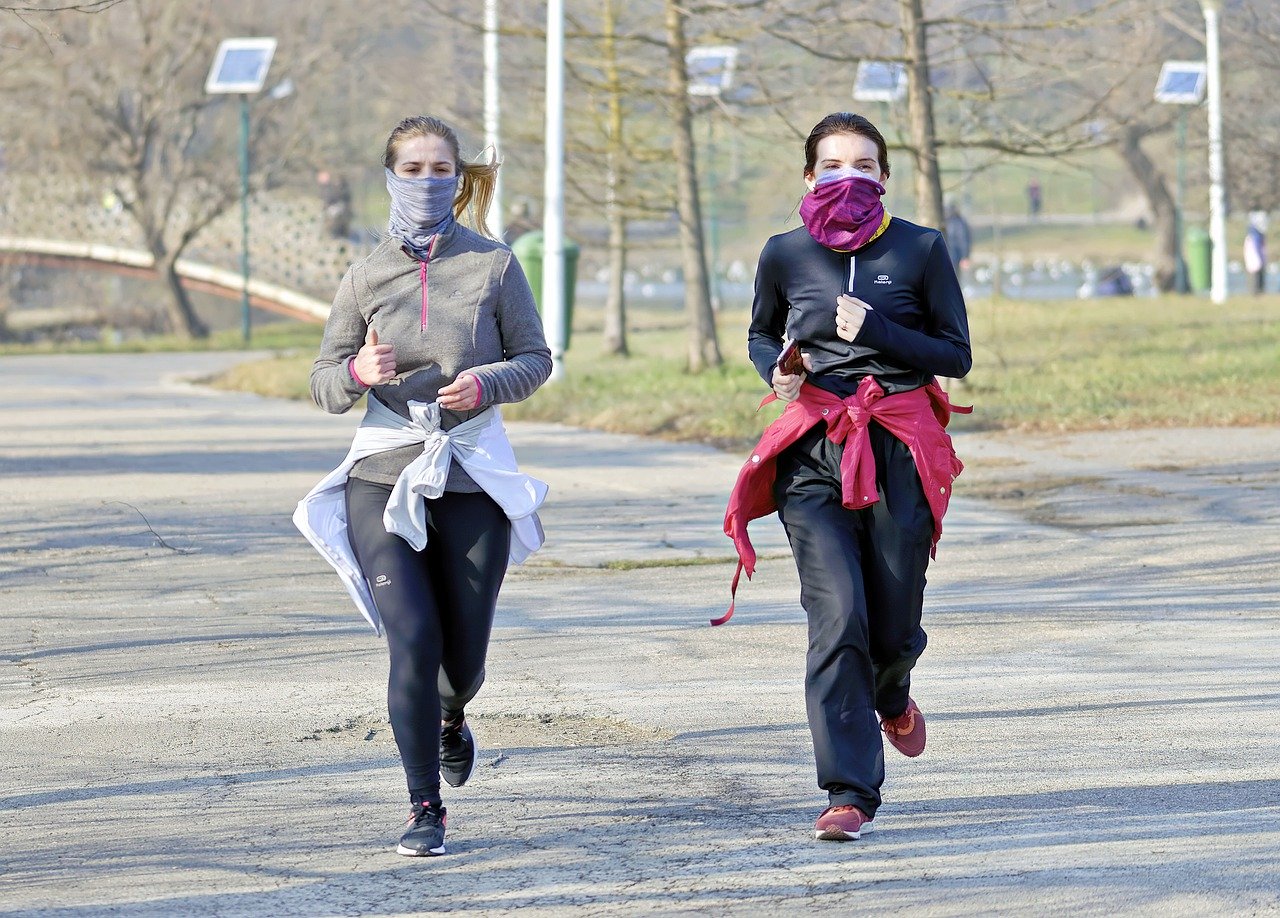
Never before in modern memory has the human race been faced with such a stressful and anxiety provoking foe. The novel coronavirus or COVI-19 has resulted in untold emotional unrest and fear among all nations and peoples of our world. There has been a lot of talk about the “invisible enemy,” an RNA based complex protein that looks like a World War 2 anti-ship mine with spikes sticking out of its surface. We are informed daily by the media that young and old victims of this virus are ending up on ventilators for weeks at a time if they survive. To “flatten the curve” and avoid overwhelming our hospitals we have had to become socially isolated, settle in place in our residences, wear masks when going out and remembering to wash our hands and not touch our faces. And after three months of dealing with this enemy of grown ups we are now being informed that children who we believed were not at risk of being made seriously ill have suffered as cases of a strange multi system inflammatory syndrome much like Kawasaki disease began to appear at hospitals.